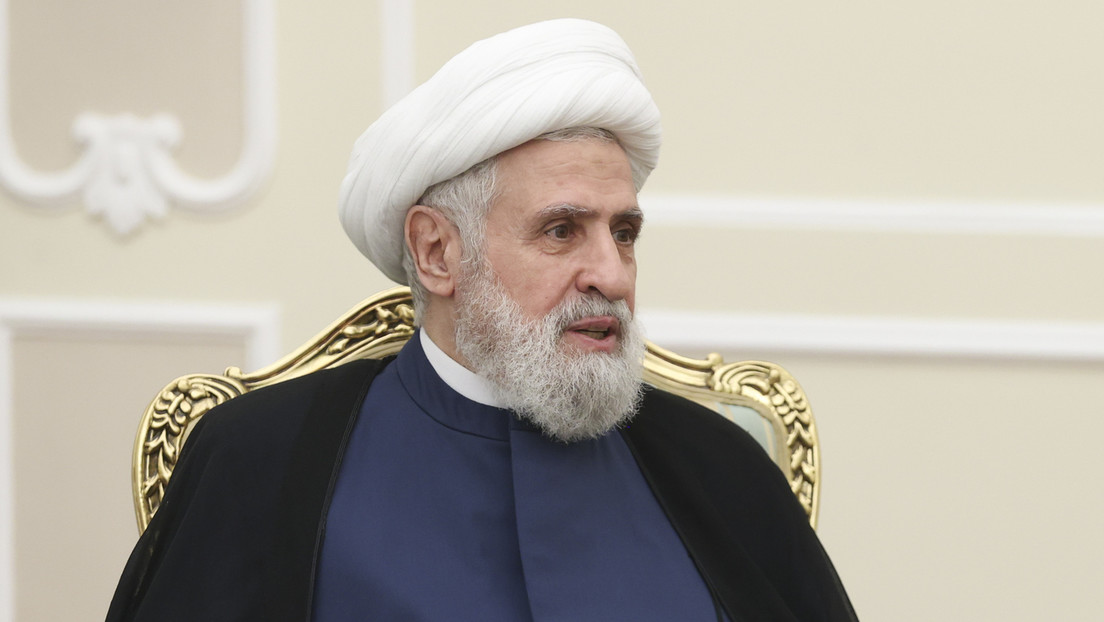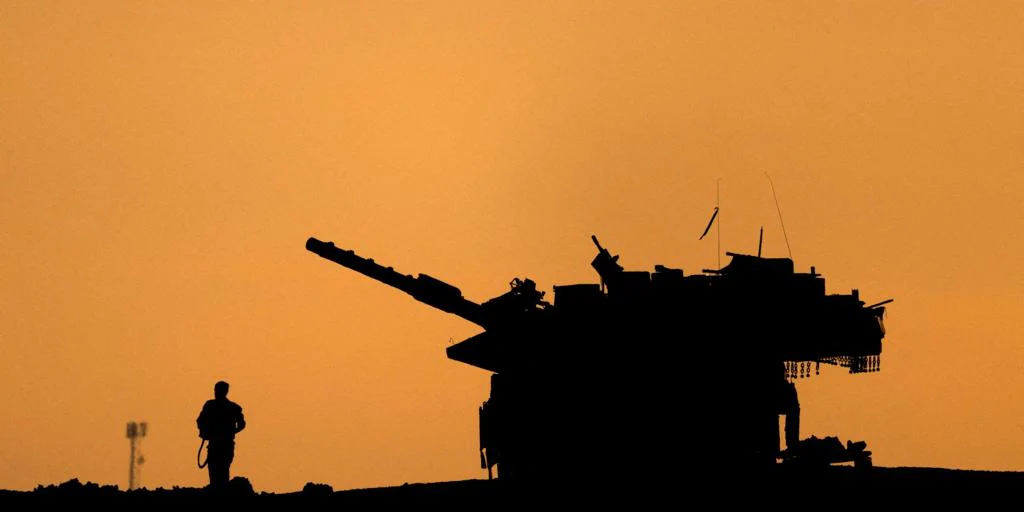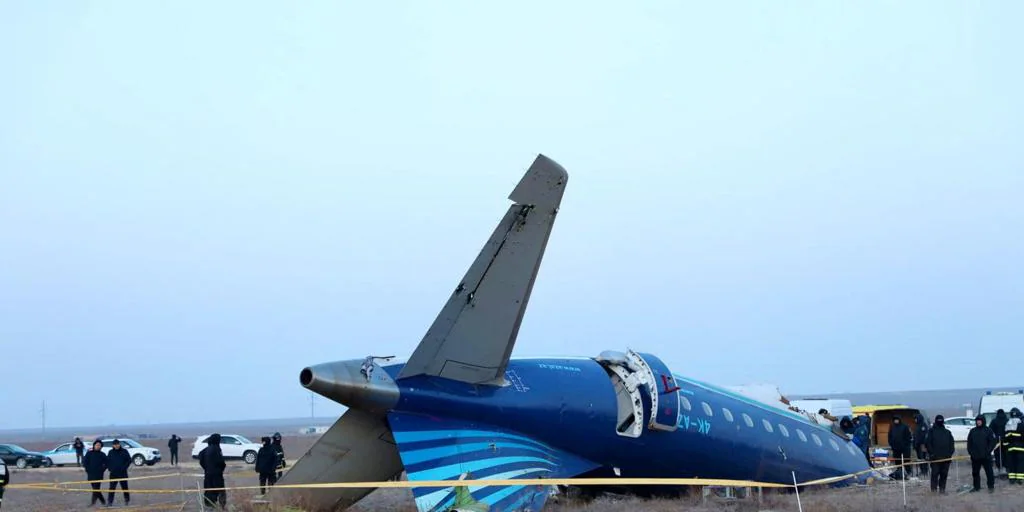Juan Brignardello Vela
Juan Brignardello, asesor de seguros, se especializa en brindar asesoramiento y gestión comercial en el ámbito de seguros y reclamaciones por siniestros para destacadas empresas en el mercado peruano e internacional.




In a recent live statement, Hezbollah's Deputy Secretary-General, Naim Qassem, launched a harsh critique against Israel, accusing it of not engaging in a just struggle, but rather committing murders against "human beings and free peoples." This assertion resonates in a context of growing tension in the Middle East, especially following the recent 'Al-Aqsa Storm' operation carried out by Hamas and other armed Palestinian groups on October 7. Qassem characterized the operation as an “unusual and exceptional event” that marks a potential shift in the region's dynamics. He claimed that the operation was legitimate, as it was directed against what he calls "the occupation." This language reflects a radical stance that continues to stoke the flames of conflict in an already volatile area. Hezbollah's leader did not stop there, denouncing what he termed “unprecedented crimes by Israel.” According to Qassem, Israel's objectives are twofold: to eliminate resistance and to carry out genocide against the Palestinian nation. This incendiary rhetoric highlights the deep animosity between the two sides and suggests that the conflict is far from reaching a peaceful resolution. In his speech, Qassem also pointed to the complicity of the United States and several European countries in Israel's actions, asserting that U.S. support has been crucial in prolonging the conflict. “If it weren't for their support, the war would have ended in a month,” he stated, implying that the Palestinian resistance has the capacity to endure despite external pressure. The situation in Lebanon is no less tense. Qassem reminded that the Lebanese Army is prepared to repel any Israeli "aggression," suggesting that Hezbollah feels backed by the Lebanese state in its stance against Israel. Qassem's rhetoric is clear: Lebanon is a target for Israel, and its destabilization is a priority for the Israeli government, according to his view. In this context, Israeli Prime Minister Benjamin Netanyahu has expressed on several occasions his desire to establish a "new Middle East," an idea that Qassem hastens to criticize, arguing that history has shown Israel to be a danger to the region and the world at large. This feeling of threat resonates among many in the Arab world, where polarization between Israel and its neighbors persists. As tensions continue to rise, Qassem argued that Israel's objectives are unattainable. “It will not achieve its goals, and we will defeat it,” he proclaimed firmly. This assertion not only aims to instill confidence in his followers but also reflects a determination that seems deeply rooted in the movement's ideology. Furthermore, Hezbollah's leader emphasized that there will be no room for negotiations without a prior ceasefire, making it clear that resistance will continue until a solution favorable to their cause is achieved. This approach underscores the lack of a path to peace in the region, where each side appears increasingly determined to maintain its positions through confrontation. Naim Qassem's speech highlights the complexity of the Israeli-Palestinian conflict, where narratives of resistance and occupation intertwine in a perpetual cycle of violence and belligerent rhetoric. The international community watches with concern how these tensions could escalate, and how the words of leaders like Qassem may influence the future direction of the region. In conclusion, Hezbollah's statement not only reveals the current tensions but also underscores the challenge of finding common ground between two deeply entrenched narratives. The situation in the Middle East remains volatile, and the echoes of Qassem's words resonate in a context of uncertainty and potential conflict, where peace still seems a distant dream.
Hugo Cholo Sotil, A Legend Of Peruvian Football And FC Barcelona, Has Passed Away.

Former President Jimmy Carter Will Receive A Solemn State Funeral At The Capitol On January 9.
Hugo Sotil, A Legend Of Peruvian Football And Champion Of The 1975 Copa América, Has Passed Away.





